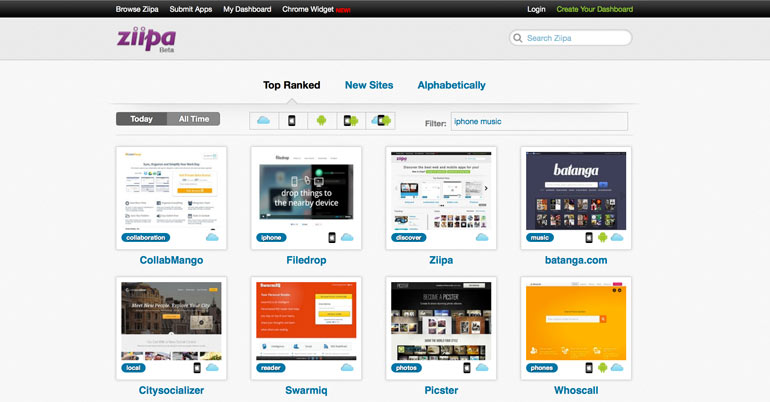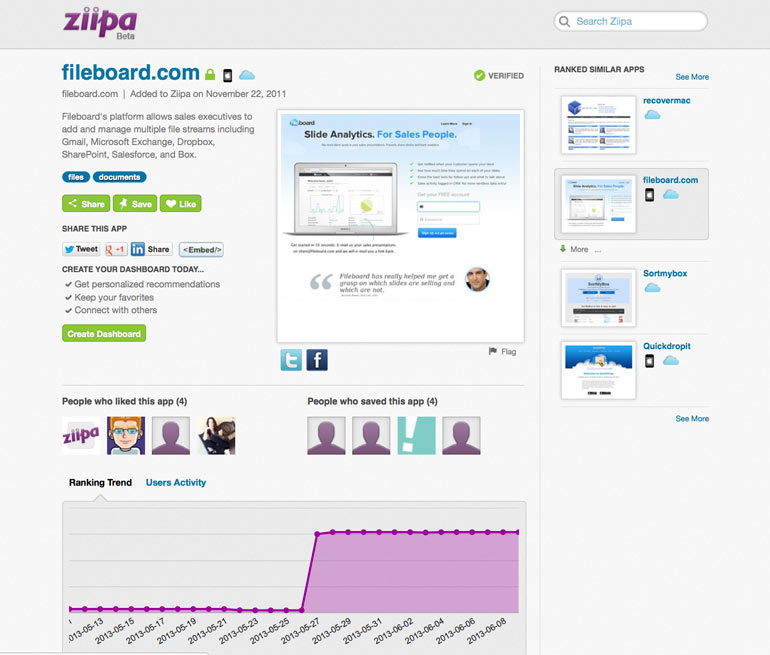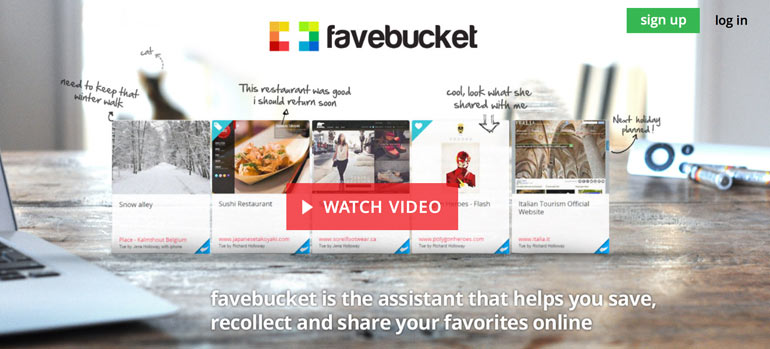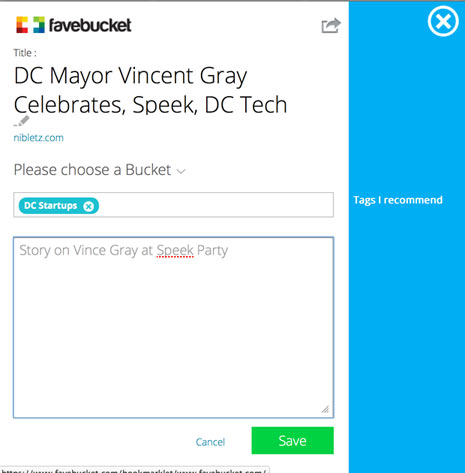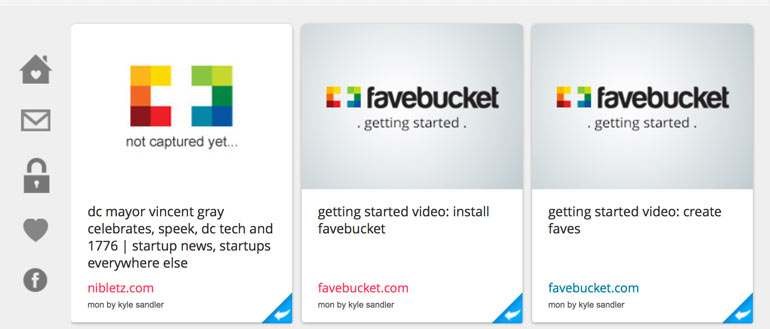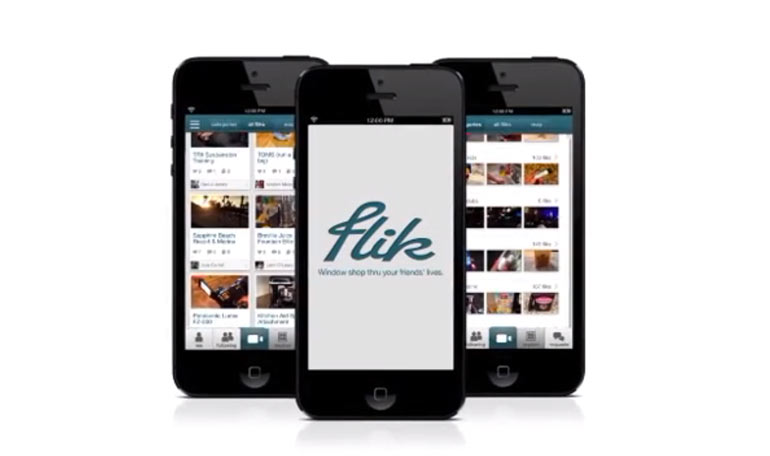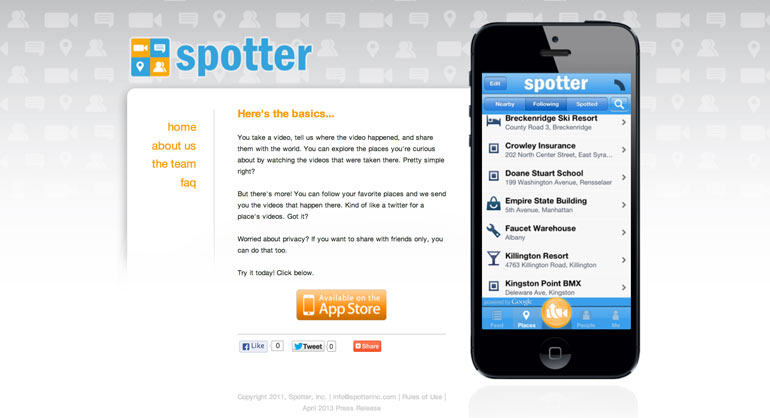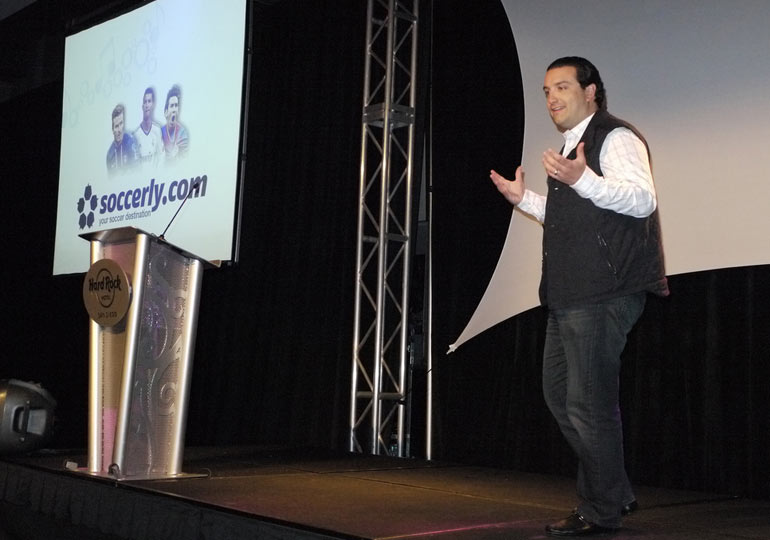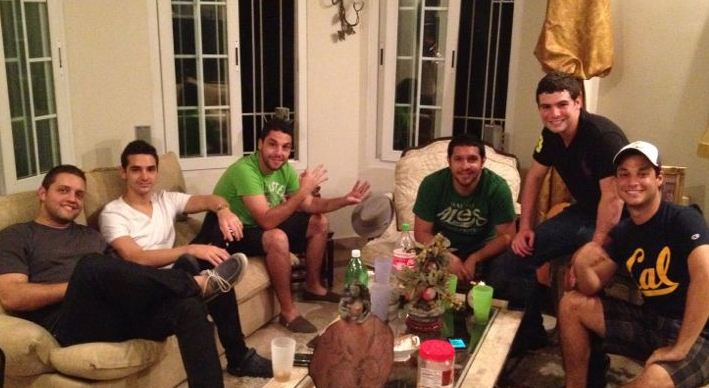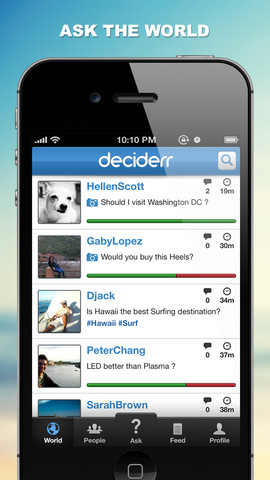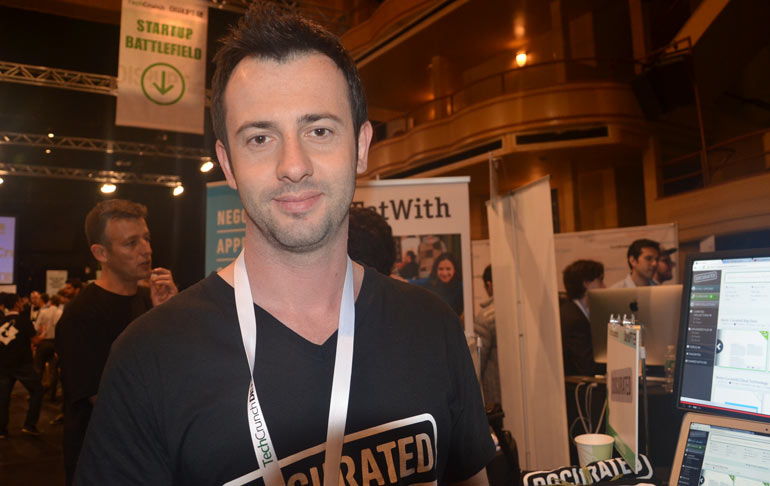Every year more than $2 billion is wasted in unclaimed shipping refunds. While many people know that there are “guaranteed delivery times” for all of the major overnight carriers, very few actually know what those times mean and how they affect your bottom line.
Sure “guaranteed by 3pm” means guaranteed delivery by 3:00pm. Typically though, when a package arrives at 3:05pm we brush it off, thankful that the package arrived at all. What many folks don’t know is that UPS and FedEx both offer 100% refunds if a package is delivered even 60 seconds late. The package delivery time is scanned by the delivery driver, and chances are, if you ship a lot, you’ve even looked at packages that have been late and not thought a thing about it.
Well Jose Li, who at one point led FedEx’s retail and e-commerce practices, has started a company of his own that helps shippers get the money rightfully owed to them by the major overnight carriers.
71lbs is a software platform that analyzes customer’s shipping data and audits shipments against their guaranteed delivery times. 71lbs then retrieves the refund for the customer and takes a small commission when the refund is retrieved.
The service is free and according to the company it takes just 45 seconds to sign up. The rest is automatic. The best part is it’s totally legal and totally ethical.
What is your startup?
71lbs is a software technology company that is making it easy and automated for small businesses to claim shipping refunds. So when your FedEx or UPS package is delivered 60 seconds late, both companies have policies that entitle you to a 100% refund. Lots of people don’t know about this or don’t have the time to go through the tedious claim process. More than $2 billion dollars is wasted in unclaimed shipping refunds every year.
This inspired former FedEx executive, Jose Li, to create 71lbs, a software that automatically analyzes customer’s shipping data, audits shipments against guaranteed time commitments, and retrieves refunds for the customers. It’s totally free to use, takes 45 seconds to sign up, and is growing like crazy. 71lbs only collects a percentage fee when a refund is successfully claimed.
The company believes all businesses should have access to the same tools and resources that the “Fortune 500” utilize today. 71lbs also believes technology and software should enable small businesses to become as efficient, if not more, than their Fortune 500 counterparts. 71lbs believes in democratizing shipping.
Who are the founders and what are their backgrounds?
Jose Li, former FedEx executive, has 15 years in the shipping, logistics, and e-commerce industry. He experienced first-hand the lack of tools and resources while managing Jamba Juice’s supply chain of 450 stores, and also wore the carrier’s shoes, running a business unit for FedEx.
The management team has decades of experience in the shipping, software, and technology industries, with companies such as FedEx, DHL, and Tangoe Software to name a few.
Where are you based?
Ft. Lauderdale, Fla.
What is the startup culture like where you are based?
South Florida is gaining a lot of activity in start-up and tech, through a number of anchors like The Lab Miami, The Knight Foundation, universities, incubators and workspaces.
What is one challenge that you’ve overcome in the startup process?
Two particular challenges – raising funds and recruiting. We don’t call victory yet. It’s an on-going process. We call this ABR – Always Be Raising, and Always Be Recruiting. Being in South Florida the investor community is not as dense as other start-up tech places like Silicon Valley, New York City, Chicago, or Austin. So it just means we have to work harder at it. We leveraged a number of resources – old work colleagues, University alumni, networking, introductions, travel, conference calls, AngelList, LinkedIn, etc to share our story and mission with a number of potential investors. We were fortunate to get accepted into what is now Techstars Chicago and met a group of our investors there.
We faced and continue to face similar challenges with finding great people. We have taken the approach of sharing our story with community members, local media, Universities and continue to interview and recruit tech and business people to join 71lbs.
A.B.R. Always be recruiting. Always be raising.
What are some of the milestones your startup has achieved?
We were able to average over 50 customer sign ups per week and we hope to build on that momemtum.
What are your next milestones
We would like to continue developing our technology and go live with our next software release which includes invoice auditing.
Who are your mentors and role models?
I’ve been fortunate to have a number of mentors throughout my years. One piece of advice I was told early on my career was to recruit a personal “board of advisors”, which I personally invested a lot of my time and effort into making happen. Most recently, my former boss at FedEx was instrumental in helping me develop a number of skills, like leading without authority, influence and persuasion, and presentation.
What’s next for your startup?
We would like to continue to grow and offer additional cost saving products and services for our customers. We are working on adding a number of partners to our ecosystem, which will allow us to increase reach and distribution.
Where can people find out more, and what is your Twitter username?





